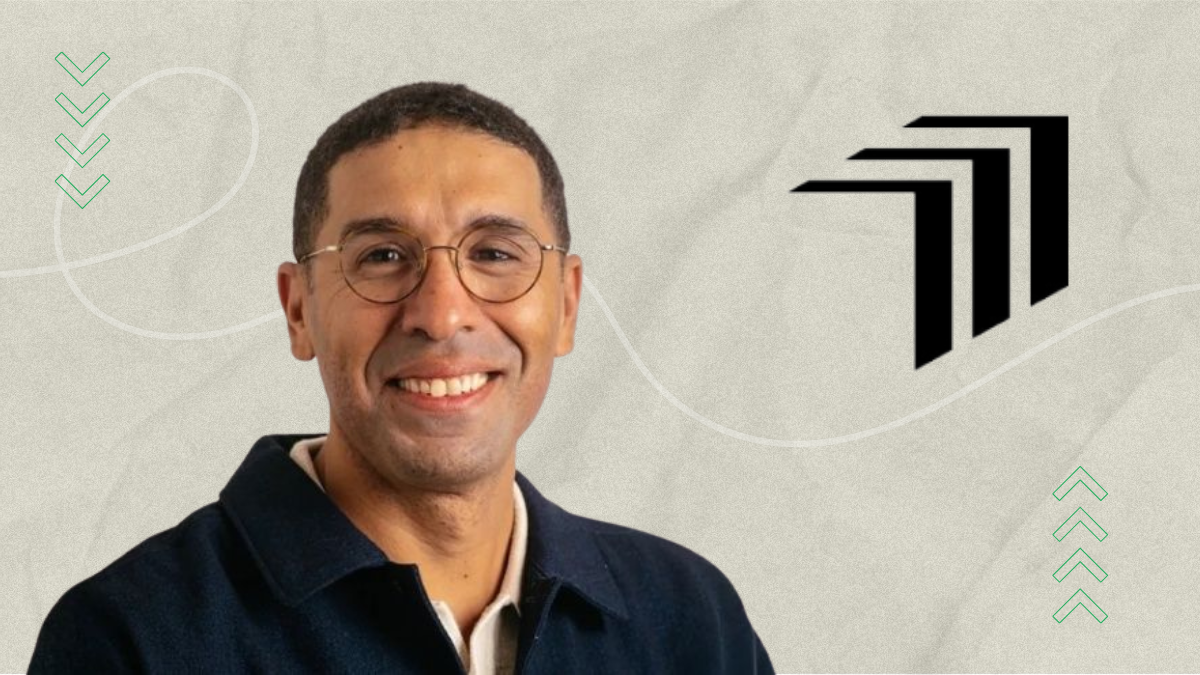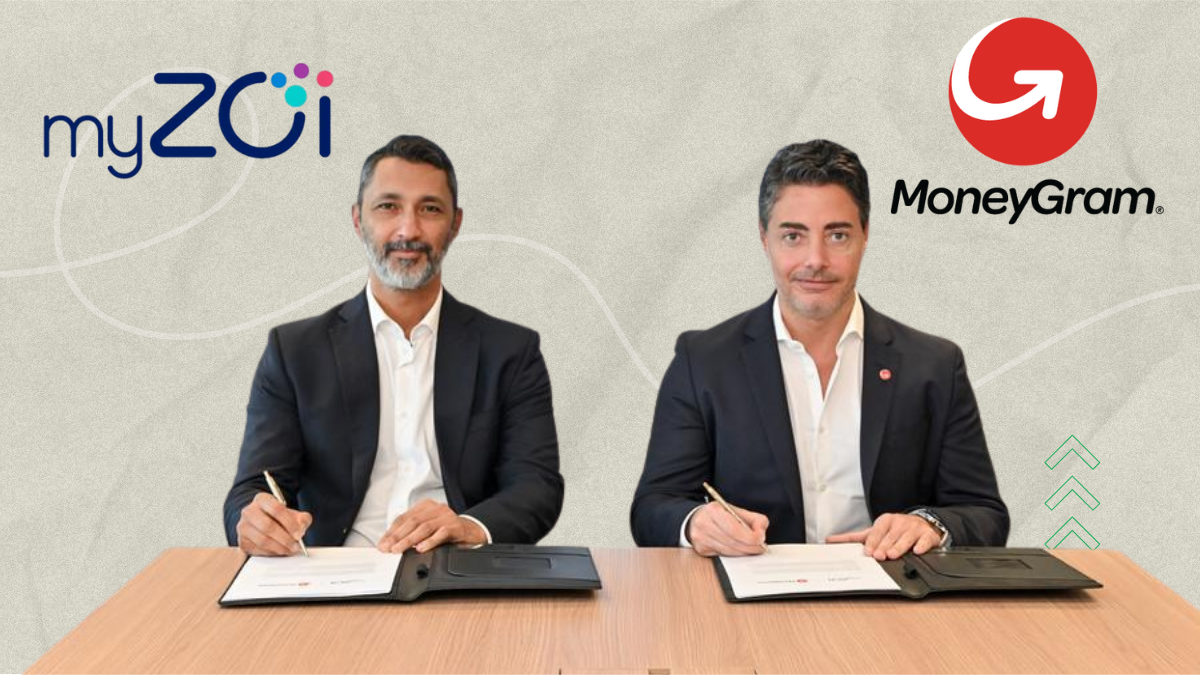Aramco, Honeywell, KAUST Partner to Revolutionise Petrochemical Production with New Tech

3 min
Aramco, Honeywell, and KAUST are collaborating to revolutionise crude-to-chemicals conversion.
This process aims to streamline production, reducing costs and boosting efficiency in petrochemicals.
The partnership supports Saudi Arabia's Vision 2030, blending research with industrial expertise.
Experts are optimistic about scaling up and innovating beyond traditional oil refining methods.
This initiative signals Saudi Arabia's commitment to technological advancement and economic diversification.
In Dhahran this week, three heavyweights — Aramco, Honeywell, and King Abdullah University of Science and Technology (KAUST) — announced they’re teaming up to push forward a new way of turning crude oil directly into chemicals. The so-called Crude-to-Chemicals (CTC) process is tipped as the next big leap for the petrochemical industry, cutting costs and raising efficiency in one go.
At its heart, the partnership is about squeezing more value out of every barrel of oil. Instead of following the traditional route of refining crude and then processing fuels, this technology converts crude straight into light olefins and other chemicals that are in hot demand worldwide. Advocates say the approach could slash both capital and operating expenses while also improving carbon utilisation. That’s no small feat in an industry often criticised for being slow to adapt.
The deal fits neatly within Saudi Arabia’s Vision 2030 ambitions, which aim to diversify the economy and strengthen local research and development. In fact, it shows how academic know-how, global technology providers, and state-backed industry can join forces rather than work in silos. If all goes well, the collaboration gives the Kingdom an extra edge in the crowded global chemicals market.
Dr. Ali A. Al-Meshari of Aramco framed the move as part of their wider push to “drive innovation and shape the future of petrochemicals,” stressing that efficiency and stakeholder value remain central. Honeywell’s Rajesh Gattupalli echoed that, calling the agreement a “defining moment” and pointing to their experience in catalytic design and commercial scale-up. On the other hand, KAUST’s Dr. Ian Campbell underlined academia’s role, highlighting how university research can’t just sit on shelves — it has to be turned into commercial solutions people can actually use.
I’ve seen plenty of grand partnerships announced over the years, and truth be told, not all of them deliver what’s promised. But this one feels a bit different. Bringing in a powerhouse like Honeywell to work alongside local expertise at KAUST could well be the game-changer. That said, scaling up lab experiments to industrial plants is never a walk in the park — it’s often a bit of a faff that takes longer and costs more than anyone admits up front.
Still, the symbolism here is spot on. Saudi Arabia doesn’t just want to be a supplier of crude, it wants to climb further up the value chain. From my own experience covering MENA startups for Arageek, I can say entrepreneurs often chase the same idea — turn raw materials or simple inputs into something much more valuable. Whether it’s oil barrels or data streams, the principle holds. And on the flip side, collaborations like this can spur younger innovators to think bigger, to realise that proper partnerships can take their ideas from lab benches to global markets.
So, while the proof will be in the pudding, I reckon this tie-up could mark a genuine step forward. It’s definately a story worth keeping an eye on — not only for the petrochemicals industry but also for what it signals about Saudi Arabia’s growing appetite for bold, tech-driven transformation.
🚀 Got exciting news to share?
If you're a startup founder, VC, or PR agency with big updates—funding rounds, product launches 📢, or company milestones 🎉 — AraGeek English wants to hear from you!
✉️ Send Us Your Story 👇
 AI
AI Saudi Arabia
Saudi Arabia UAE
UAE Egypt
Egypt








